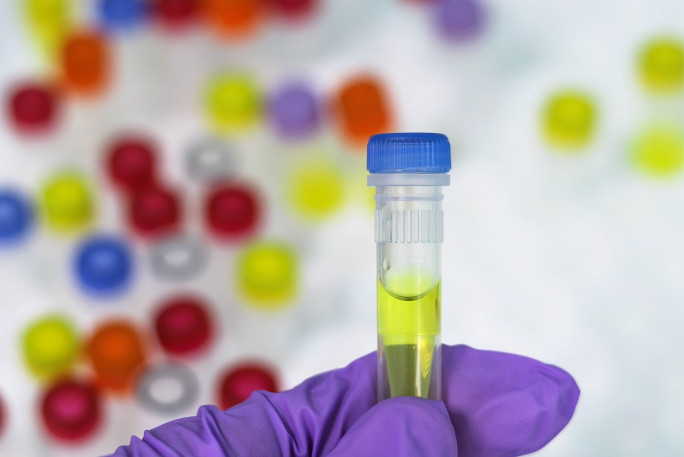PCR primers are one of the key ingredients, which make one PCR unique from the other. They are single-stranded and short DNA segments designed to be complementary both to the end and beginning of target sequences, which are amplified. In PCR, primers are the ones that determine what DNA sequence gets copied. In order to design PCR primers, you have to first know the DNA or gene sequence, which is going to be your target sequence. For instance, if you want to determine whether an individual carries a mutation that is linked to sickle cell disease, you will check the sequence for beta-globin genes.
PCR Steps
The most important ingredients of PCR reactions include primers, nucleotides, template DNA, and Taq polymerase. These ingredients are often assembled in tubes, along with a cofactor that the enzyme requires, and are often put through repeated cycles of cooling and heating, which allow the synthesis of DNA. PCR steps include the following:
- Denaturation – In this step, you have to strongly heat the reaction to denature or separate strands of DNA. This provides a single-stranded template for the next phase.
- Annealing – This step involves cooling the reaction to ensure primers bind to complementary sequences on a single-stranded DNA template.
- Extension – In this phase, you have to increase the reaction temperatures to ensure Taq polymerase extends primers; thus, synthesizing DNA’s new strands.
Benefits of Using PCR Primers
A few fields in medicine and science use PCR (polymerase chain reaction) technology. Most researchers use this method to clone DNA for gene manipulation, gene cloning, and sequencing. Other scientists prefer amplifying ancient DNA samples for further analysis and studies.
In addition, forensic researchers use PCR techniques, by analyzing genetic fingerprints necessary for profiling DNA. This same method is helpful, too, when it comes to parentage testing. But one promising field benefit from PCR primers is medical diagnostics. One way this field benefits is speed. Since PCR technology often creates replicas, it may deliver good results within a short period, which a culturing method as well as other techniques need. Beyond speed, the technology is helpful for detecting pathogens, which struggle to grow in vitro or need a long process of cultivation. Even better, the technology needs less genetic materials than other tests; thus, making testing accessible in those situations. Other benefits include the following:
- Rapid & efficient – PCR primers rapidly and efficiently amplify just a small DNA sample amount to millions of copies within a few hours.
- Versatile – You can use primers for various applications, such as paternity tests, criminal investigations, and genetic testing.
- Sensitive – Polymerase chain reaction distinguishes sequences of DNA by a single nucleotide; thus making it an accurate technique.
- Very specific – PCR distinguishes sequences of DNA by nucleotides, making it one of the accurate techniques in scientific tests and research.
The bottom line is that PCR primers are important components of PCR procedures, which determine the specificity, sensitivity, and accuracy of DNA amplification. Careful selection and design of primers are important to ensure the success of PCR tests in diagnostic, clinical, and research applications.



